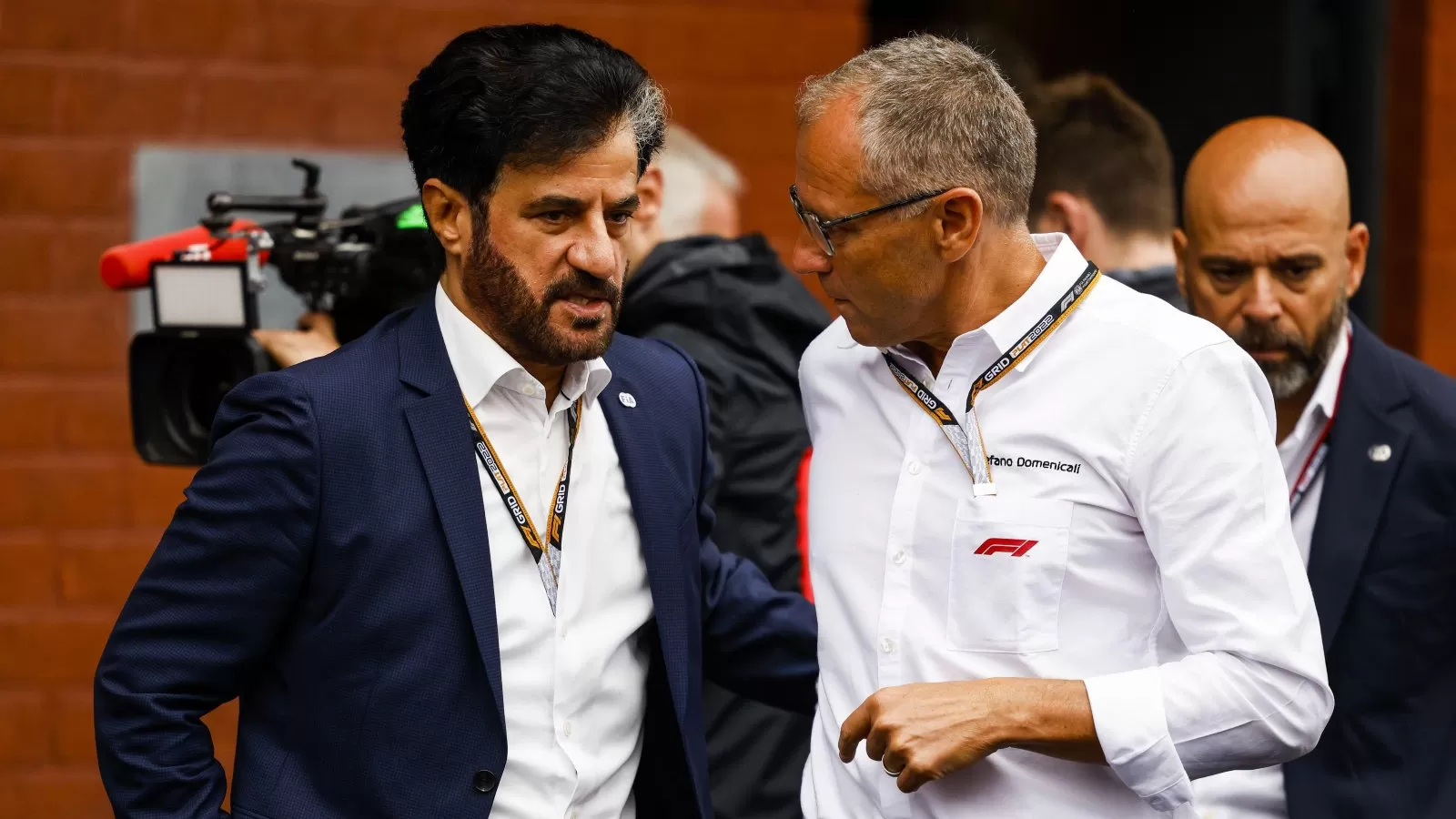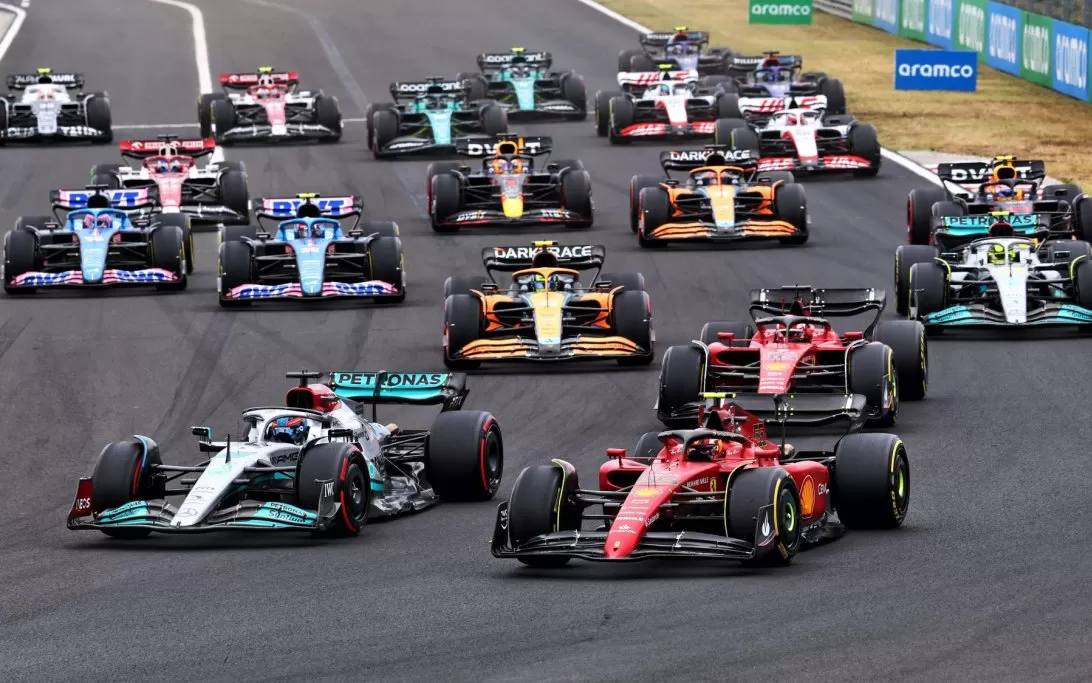FIA Faces Leadership Turmoil Amid Proposed Governance Overhaul

The Fédération Internationale de l’Automobile (FIA), the regulatory body for Formula 1 and other global motorsport disciplines, is at the center of a stormy debate over proposed governance changes that could redefine its power structure. The controversial measures, set to be voted on at the FIA’s General Assembly on December 13, have sparked intense criticism and heightened tensions within the organization. At the heart of the matter lies FIA President Mohammed Ben Sulayem, whose leadership has already been under scrutiny following a year of contentious allegations and administrative upheaval.

One of the most divisive elements of the proposed changes is the move to centralize ethical investigations under the direct authority of Ben Sulayem and the Senate President of the FIA. Critics argue that this shift would erode internal control mechanisms, particularly with the elimination of the Audit Committee’s oversight of financial matters and independent investigations. The Ethics Committee’s role would also be curtailed, relegated to preliminary analysis before decisions are handed over to the FIA’s leadership. Opponents see this as a significant blow to transparency and accountability within the organization.
The backdrop to these changes is a tumultuous year for the FIA under Ben Sulayem’s leadership. Although he is seeking reelection unopposed, his tenure has been marred by controversies. Allegations of interference in the outcome of the 2023 Saudi Arabian Grand Prix and negligence regarding the safety checks for the Las Vegas Grand Prix have cast a shadow over his presidency. While these claims were ultimately dismissed, they have amplified concerns about governance and leadership.

Adding to the turmoil is the wave of high-profile departures from the FIA in recent months. Over a dozen senior officials have left their roles, including the Sports Director, the Technical Director of Formula 1, the Head of Communications, and the Compliance Director, who had been involved in an investigation into Ben Sulayem. These exits have raised serious questions about administrative stability and the working environment within the FIA.

The proposed centralization of power is particularly controversial in its potential impact on financial transparency. Under the new rules, the Audit Committee would lose its autonomy to approve accounts and review accounting methods, consolidating financial oversight in the hands of a few key figures. Critics warn that this could undermine the FIA’s credibility and its ability to operate independently of personal or political influence.

For an organization that oversees a sport as high-profile as Formula 1, maintaining integrity is crucial. Teams, drivers, and fans rely on the FIA to enforce rules impartially and to prioritize safety and fairness. The proposed governance changes have therefore sparked fears that the FIA’s independence could be compromised, potentially damaging its relationship with stakeholders and its reputation on the global stage.
As the FIA prepares for the December vote, the stakes could not be higher. The decisions made will likely shape the future of the organization and determine its ability to maintain trust and transparency. While proponents of the changes argue that centralizing power could streamline decision-making and strengthen leadership, the widespread criticism suggests that the risks to governance and accountability may outweigh the potential benefits.
For Formula 1, a sport characterized by passion and drama on the track, the behind-the-scenes disputes within the FIA are becoming an unwelcome distraction. As fans and teams eagerly await the outcome of the vote, the spotlight remains firmly on Ben Sulayem and the proposed reforms. The question now is whether the FIA can navigate this turbulent period and emerge with its credibility intact—or whether these changes will accelerate a crisis of confidence within motorsport’s most influential regulatory body.





